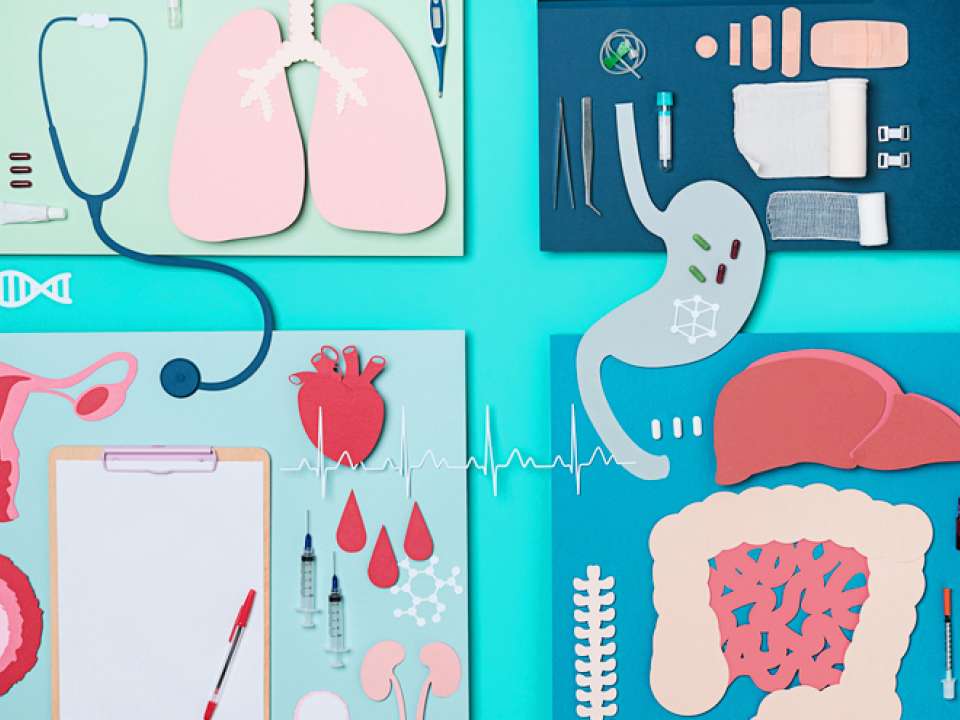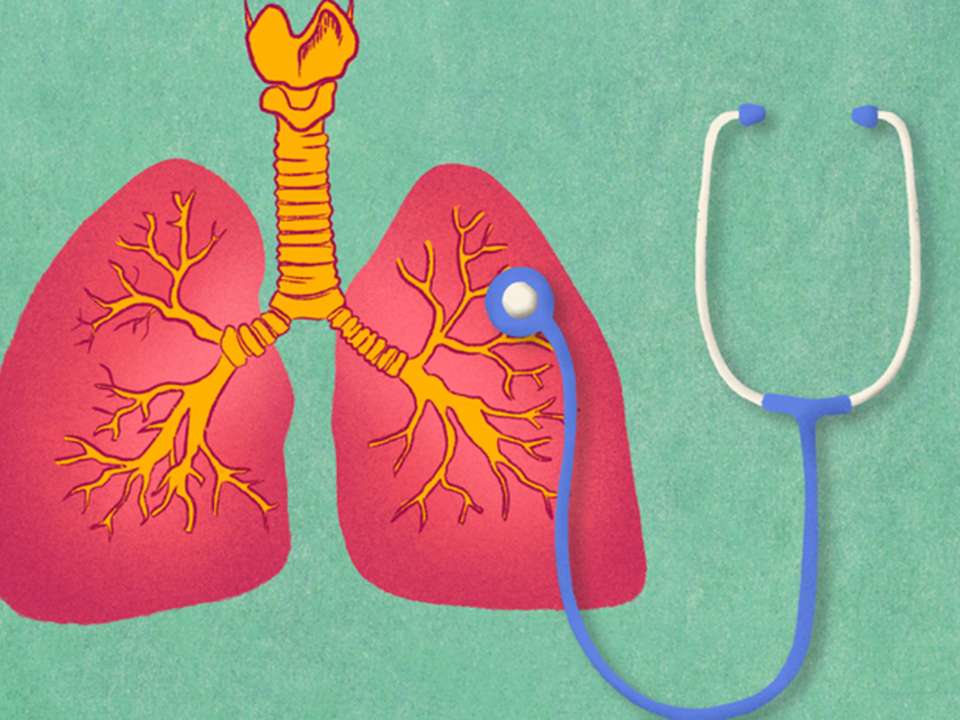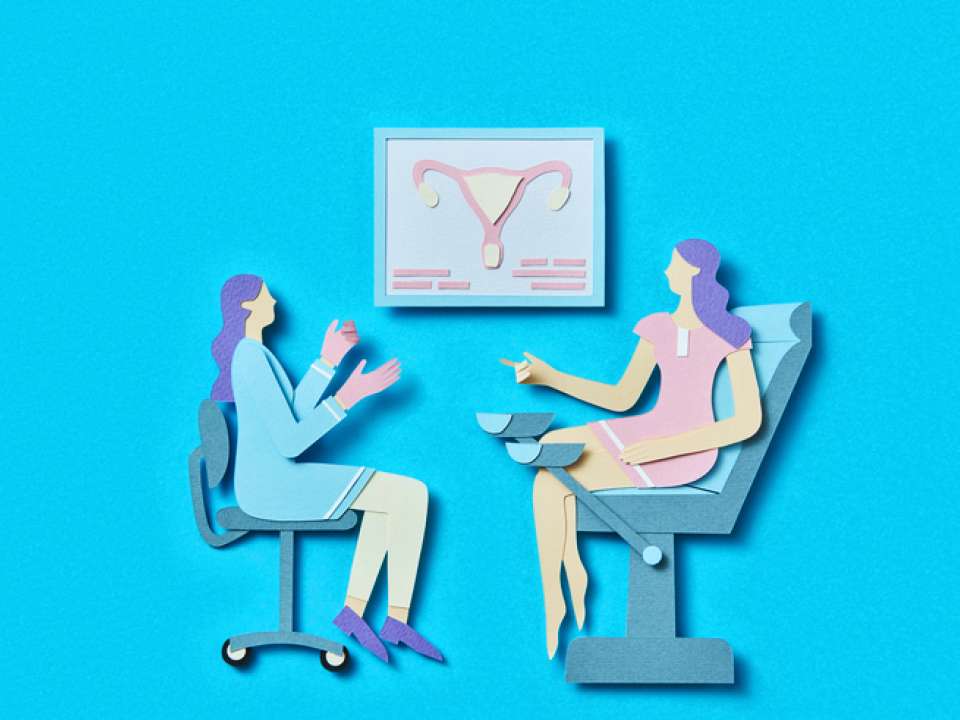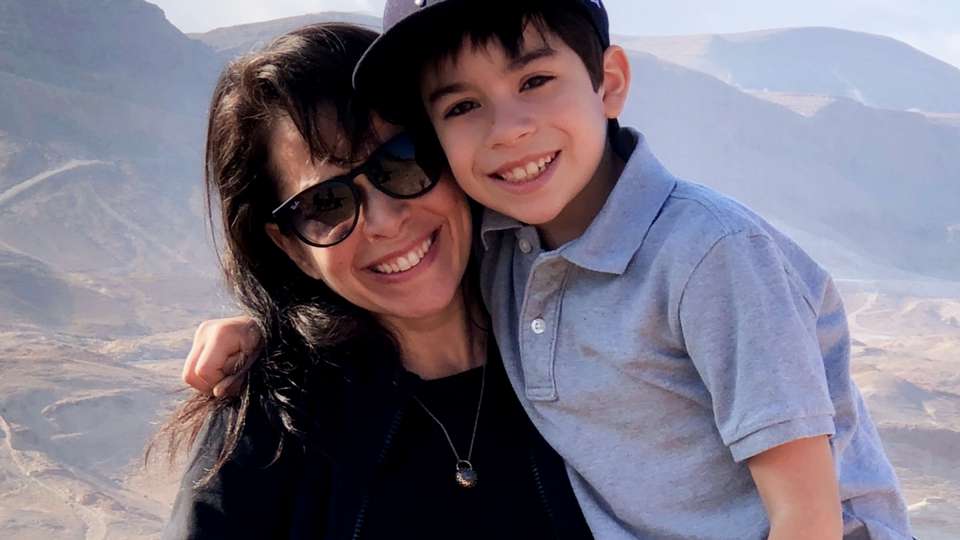
Cynthia Kertesz, M.D., is a 50-year-old pediatrician with excellent health habits. She exercises for an hour every day, eats her veggies and very little meat, doesn’t smoke and rarely drinks alcohol. Her health choices are distinctive enough that she’s earned the nickname “Captain Broccoli.”
Cynthia has no family history of heart disease and her cholesterol and blood pressure are normal. She's the picture of perfect health.
Last winter, she went on a ski vacation with her family to Aspen, Colorado — and had a heart attack.
A ski vacation takes an unexpected turn
It was the third day of vacation for Cynthia and her family. She had a rare day to herself on the slopes while her mother-in-law and children stayed behind in the condo to work on art projects.
When she got back to the condo at the end of the day, she discovered they’d run out of supplies and offered to walk to the local pharmacy to get them more.
She was about a block away from the pharmacy when, all of a sudden, she couldn’t breathe.
“I know what it feels like to be out of breath when you’re exercising really hard, but that’s not what this felt like,” says Cynthia. “This felt like I could not inflate my lungs. Even stopping and trying to take a slow, deep breath made no difference.”
Then she was hit with a slamming headache.
Cynthia focused on trying to breathe for the remainder of the way to the pharmacy, telling herself that she would get some Tylenol once she arrived.
It seemed like a very long block, but she made it to the pharmacy and grabbed the Tylenol. She turned to go to the second floor for art supplies. But she was unable to walk up the stairs.
So she walked over to the pharmacist and asked her to call 911.
Ambulance — and aspirin — to the rescue
The 911 dispatcher quickly reviewed Cynthia’s symptoms with the pharmacist. The dispatcher asked questions like whether or not Cynthia looked clammy. (She did.)
“At this point, I thought I was having a pulmonary embolism or some sort of altitude sickness. The idea that I might be having a heart attack didn’t even occur to me,” says Cynthia.
But that’s exactly what the dispatcher suspected. The dispatcher told the pharmacist that an ambulance was on the way and that, in the meantime, she should give Cynthia an aspirin right away and have her chew it.
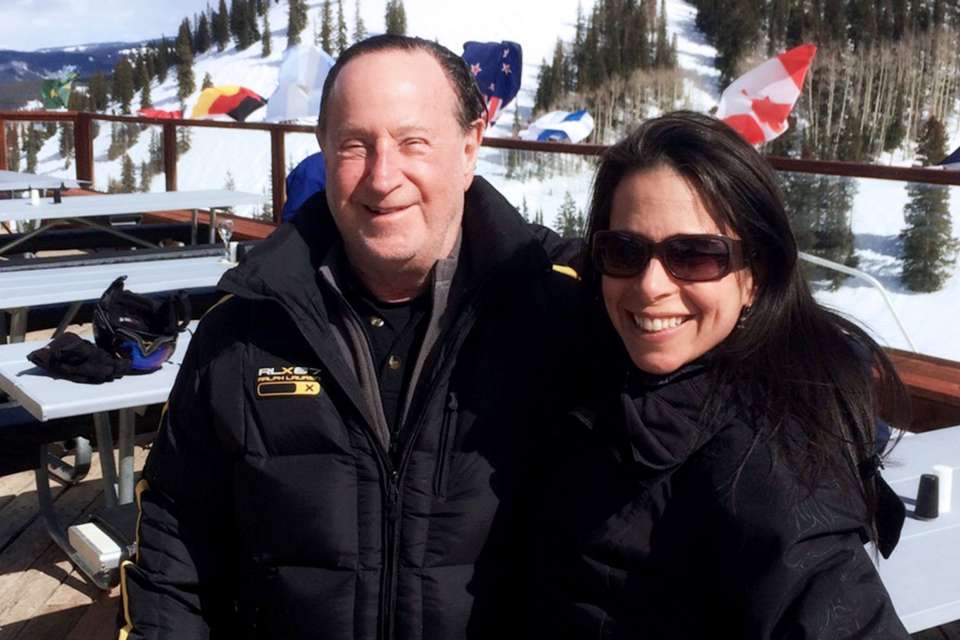
The dispatcher made the right choice: When taken during the early stages of a heart attack, aspirin helps reduce the risk that a blood clot will form completely and block an artery.
That’s because aspirin inhibits platelets, which are the blood cells involved in clot formation. If the clot can be prevented from forming completely, heart attack damage can be minimized.
“Aspirin is given right away because clots form quickly. Studies have shown that chewing aspirin increases the rate of absorption and achieves a higher level of aspirin in the bloodstream more quickly than swallowing it,” explains Gary Weeks, M.D., chief of cardiology at the Heart Institute at UW Medical Center - Northwest.
“I realize that if I had been in a clothing store instead of the pharmacy, they would not have had aspirin. Even in my own home, I would not have had aspirin because now we all have acetaminophen and ibuprofen instead,” says Cynthia.
It’s a good thing she did not ignore her symptoms
In the ambulance, attendants quizzed Cynthia on whether or not she might be experiencing an anxiety attack instead of a heart attack. (Shortness of breath is a common symptom of an anxiety attack.)
She took a moment to think about it and then pointed out that she had been completely calm when the shortness of breath began and only became upset when she realized that something medically significant was happening to her.
“Had I not been a physician, I may have not have been able articulate this quite so well,” says Cynthia. “It felt a little bit like I had to stick up for myself — that I knew something different was happening to me and it shouldn’t be dismissed.”
When Cynthia arrived at the hospital, the emergency room physician ordered two tests: an electrocardiogram (ECG), a test that measures the electrical activity of the heart, and a troponin blood test. Troponin is a protein that’s released from cardiac muscle when it’s damaged; when healthy, troponin levels should be undetectable.
The emergency room physician came into her room to tell her that all of her initial lab work looked normal.
“I felt like myself again. I was ready to leave,” says Cynthia.
But the emergency room physician had other plans.
“He told me that if I’d been there for four hours, he might be ready to let me go, but since it just happened, he wasn’t ready to let me leave yet. He wanted to do a follow-up troponin test in an hour,” says Cynthia.
So Cynthia waited. One hour later, blood test results showed that her troponin level had bumped higher, indicating that her heart muscle had indeed been damaged.
And therein lies the challenge of heart attack symptoms in women.
Heart attack symptoms in women
“While there is no one identifiable symptom that definitively indicates a heart attack, a man is more likely to present with what we think of as the classic symptoms,” says Weeks.
These classic heart attack symptoms are a heavy ache in the central chest area and squeezing and tightness that can radiate outward into the jaw, shoulder or arm. While women sometimes experience similar symptoms, sometimes they don’t.
“Women might instead feel more generalized upper back or neck discomfort, or pain between the shoulder blades or overwhelming fatigue,” says Weeks.
Sometimes in women, the essential feeling is shortness of breath and discomfort, as was the case with Cynthia.
Because heart attack symptoms can be more subtle in women, they can be more easily overlooked or confused with other conditions. For example, it can be difficult for women to tell whether their chest pain is a heart attack or anxiety.
And it’s not just difficult for patients but for physicians, too. A woman may never dial 911 or might delay calling until symptoms are extreme. Or she may never show up to the doctor’s office in the first place or underplay her symptoms if she does.
“I’m so grateful that I had a really meticulous ER doc. He understood how hard it can be to detect a heart attack in a woman,” says Cynthia.

Further testing at the cath lab
Cynthia was put on medications to prevent her blood from clotting and kept overnight for observation.
Her troponin levels continued to rise overnight and the next morning, she was taken to a cath lab, short for cardiac catheterization lab. That’s where doctors look for the blocked artery or coronary artery disease characteristic of a classic heart attack or the deformity that is characteristic of broken heart syndrome.
The doctors suspected broken heart syndrome in her case because she was such an unlikely candidate for a classic heart attack. Cynthia thought that might have made sense after her husband died in 2012, but it made little sense to her now.
And she was right about that. An angiogram showed that Cynthia had a blockage in a small artery only two millimeters wide. It was a complicated finding that would require significant follow-up care at the UW Medicine Heart Institute once she returned to Seattle.
“I credit the aspirin I was given immediately with knocking a platelet off and giving me a little bit of blood flow past the blockage. If I hadn’t gotten the aspirin as quickly as I did, it’s likely there would have been more damage to my heart. In that way, at least, I’m lucky,” says Cynthia.
Back home in Seattle
When Cynthia returned home to Seattle, one of the first things she did was to go online and order a big box of aspirin packets. She routinely hands an aspirin packet out now to everyone she knows.
“An aspirin seems like a small thing, but it can make a really big difference when you’re having a heart attack,” says Cynthia.
Cynthia is a bit of a medical mystery because she was such an atypical candidate for a heart attack. But she wants women to know that just because you are not the classic candidate doesn’t mean it’s not happening.
“If you experience something suddenly that’s very different than anything you’ve ever experienced, it might be a heart attack,” says Cynthia. “Don’t be tempted to minimize your symptoms or doubt your own body.”

 Healthy ideas for your inbox
Healthy ideas for your inbox
